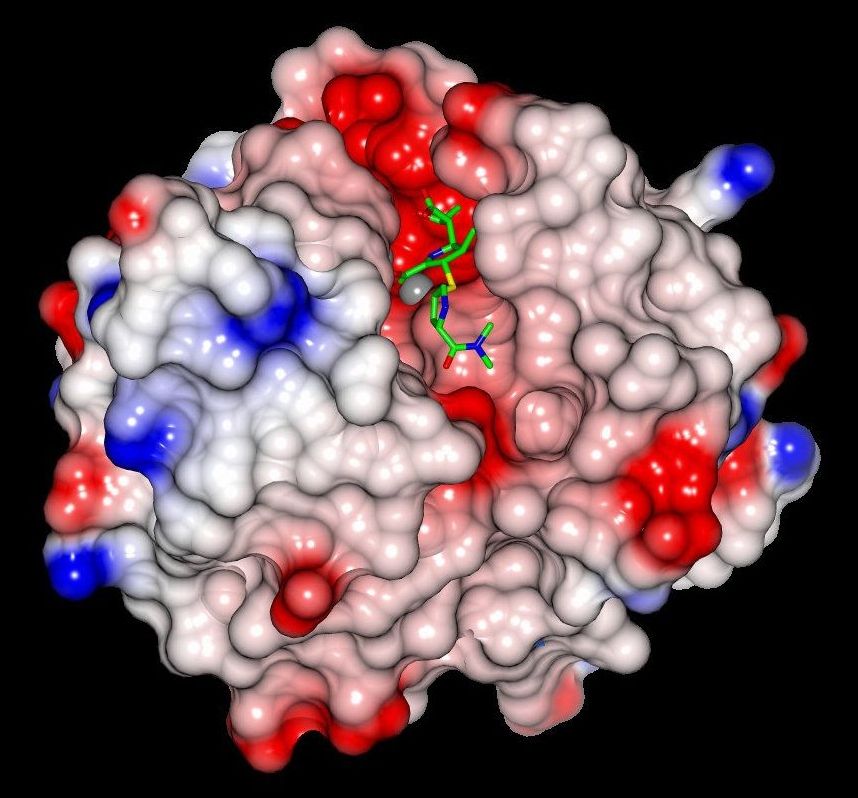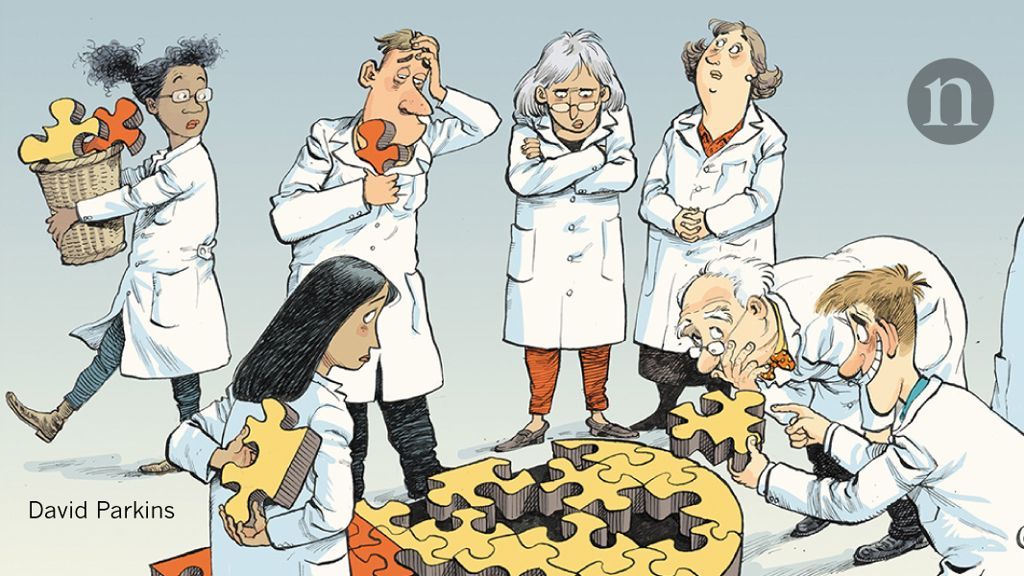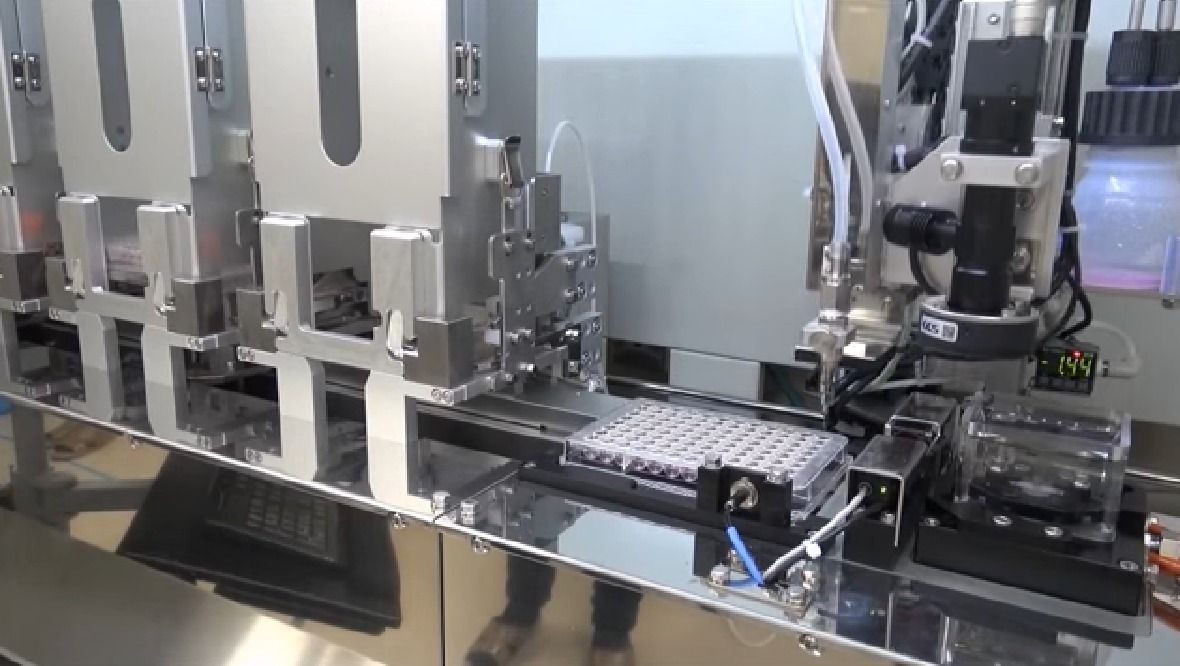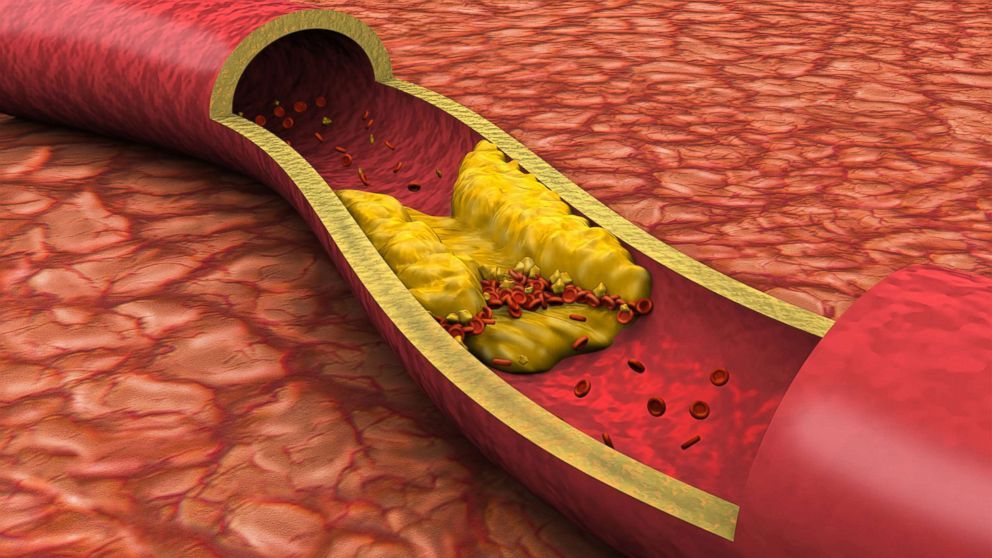Nov 15, 2018
Unveils ST-42 for Scalable Manufacturing in Space for Earth-Based Applications
Posted by Klaus Baldauf in categories: bioengineering, biotech/medical, economics, robotics/AI, space
LEXINGTON, Ky. (NOVEMBER 15, 2018) – Space Tango, a leader in the commercialization of space through R&D, bioengineering and manufacturing in microgravity, today announced ST-42, a fully autonomous robotic orbital platform designed specifically for scalable manufacturing in space. Launching in the mid 2020’s, ST-42 aims to harness the unique environment of microgravity to produce high value products across industries; from patient therapeutics to advanced technology products that have the potential to revolutionize industries here on Earth. ST-42 is an extension of the International Space Station’s (ISS) capabilities, and NASA’s creation of a robust commercial marketplace in low Earth orbit (LEO).

ST-42 will bring the economics of production in orbit into reality coupling autonomy with the reduced cost and larger number of launch vehicle providers. Space Tango expects the platform to be at the forefront of new breakthroughs in knowledge discovery, therapeutic solutions and manufacturing, and to provide the required capabilities for creation of new biomedical and technology product sectors in the commercial Space economy.
Continue reading “Unveils ST-42 for Scalable Manufacturing in Space for Earth-Based Applications” »

















